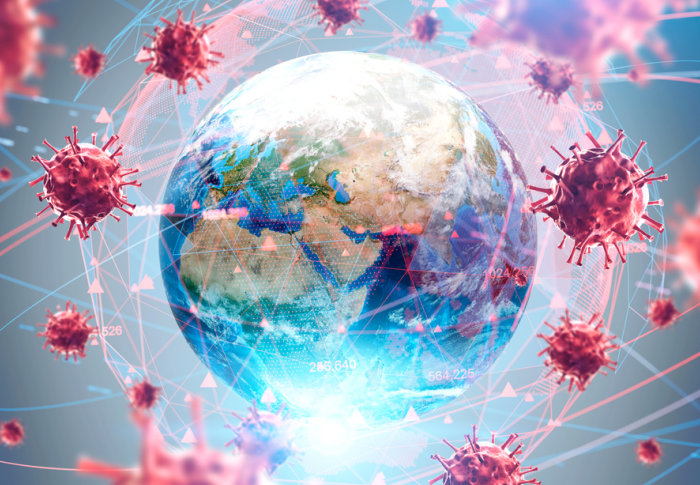
From July 25th to 28, 2023, World Health Organization (WHO) hosted its first global summit on biodiversity, traditional knowledge, health and well-being in Rio de Janeiro, Brazil. Indigenous communities often have unique access to medicinal plants and interactions with their natural surrounding. As a result, their environment more directly affects their food security, livelihoods, health and well-being.
Continue reading “WHO First Summit On Biodiversity, Traditional Knowledge, Health and Well-Being”









